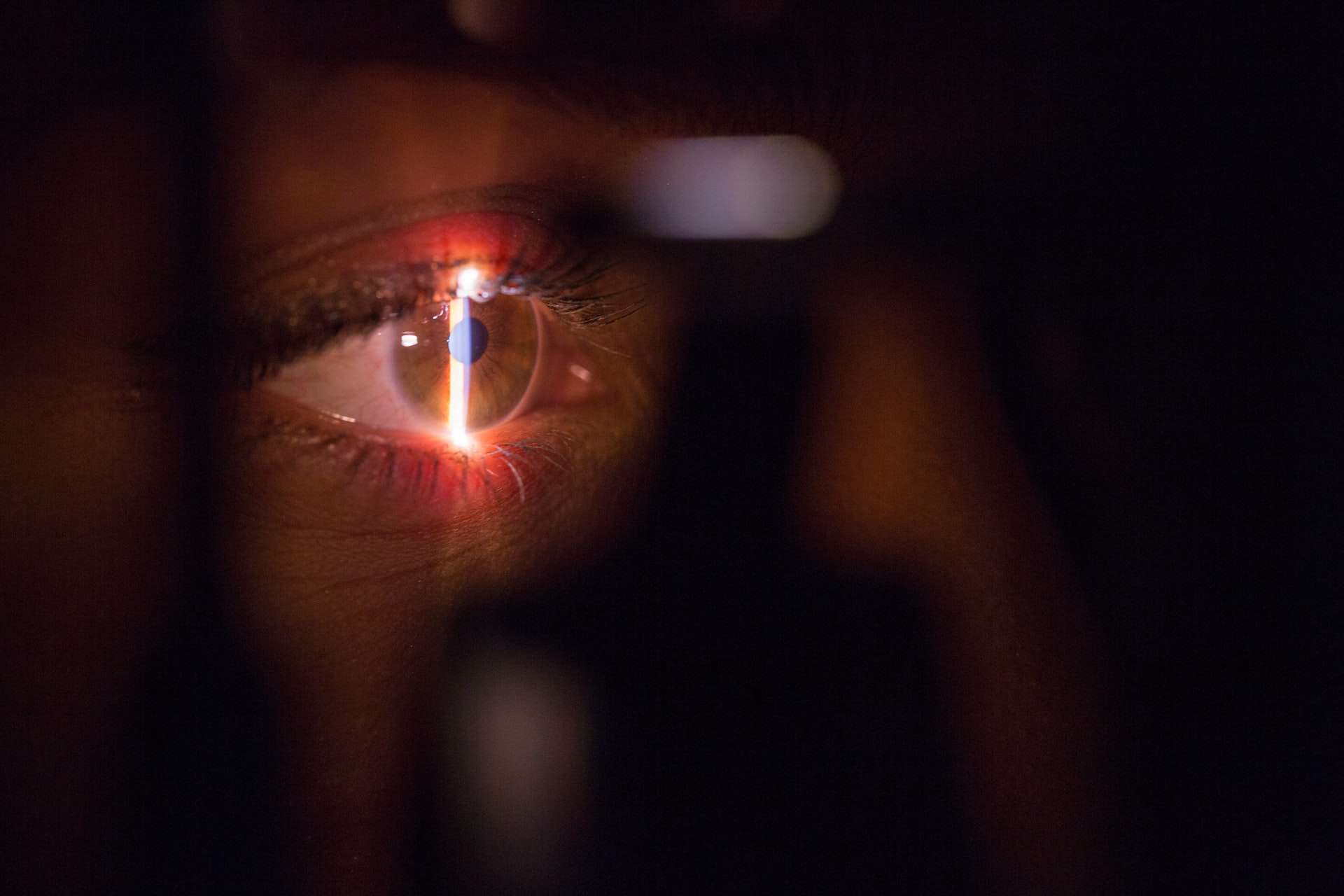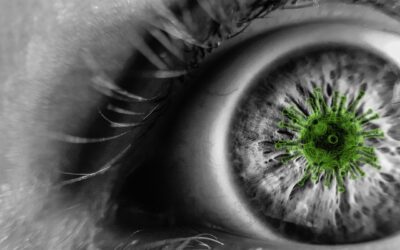Cataracts are a common eye condition in the elderly population, but they can develop in younger individuals in some cases. The treatment is called cataract extraction surgery. This surgery is one of the most performed in the United States, but it still carries some risks with the procedure. Since the only treatment for cataracts is an invasive surgery, the consideration of when to have the surgery is needed. A few factors contribute to when cataract surgery is recommended. If the cataract is impacting vision to a high degree, if the symptoms of the cataract impact daily activities, or if the cataract is having an impact on overall eye health. With your eye doctor, you can decide when is the right time to pursue cataract surgery.
What is a Cataract?
A cataract is the clouding and hardening of the crystalline lens inside the eye. This is a normal process of aging and affects nearly all individuals over the age of sixty to some degree.
The crystalline lens is perfectly clear and transparent when born and, with age and the buildup of debris in the lens, it becomes clouded and yellowed.
There are different types of cataracts based on the location, size, and shape of the opacification of the lens.
While the different types of cataracts will develop and present differently, the treatment for all cataracts is either to monitor or to consider a surgical evaluation to have cataract extraction.
What is Cataract Surgery?
The surgery to remove a cataract is called cataract extraction surgery. Typically, this procedure only lasts a few minutes in the operating room.
Prior to the surgery, a combination of anesthesia will be used for sedation and the eye will be sterilized and prepped.
To perform the surgery, two small incisions are made into the cornea, then the crystalline lens is broken apart and vacuumed out of the eye.
Once the lens has been removed, an artificial lens implant is placed in the eye.
There are no stitches required to seal the wounds, as the incisions are such small and precise cuts that they can be sealed as the procedure finishes.
Cataracts that Impact Vision
The most obvious reason to consider cataract surgery is if the vision is reduced due to cataracts but would be improved following the surgery.
When the cloudy cataract is removed and replaced with a clear lens, it should be able to improve the clarity of vision.
When the vision is reduced by two lines on the eye chart or is not meeting the legal requirements for driving, most doctors will recommend considering cataract surgery.
Cataracts that Impact Daily Activities
Similar to improving overall vision, cataract surgery will also reduce the glare, haloes, and haziness that the cataract may cause.
Even if the vision is not reduced as much as usual, if there are activities or tasks which are no longer feasible due to vision changes, cataract surgery may be considered.
Things such as driving at night, playing a sport, or reading a newspaper may be impacted while the overall vision is still relatively good.
Cataracts that Affect the Eye Health
In some cases, the cataract will contribute to other eye conditions such as glaucoma or make it difficult to manage an eye condition in the retina.
If it is seen that a cataract is impacting the eye health beyond just clouding the vision, cataract surgery may be recommended as an eye health measure.
Our eye doctors at Eye Theory in Houston, TX excel in the prescription of contact lenses, glasses and various eye diseases. Call our optometrist at 832.831.7386 or schedule an appointment online if you would like to learn more about cataract surgery. Our eye doctor, Dr. Jonathan Tsao, provides the highest quality optometry services and eye exams in the Midtown, Downtown, Museum District, Montrose, East Downtown, and Southside Commons (Southside Place) vicinities of Houston, Texas as well as our newest location in the Stone Oaks neighborhood of San Antonio, Texas.





